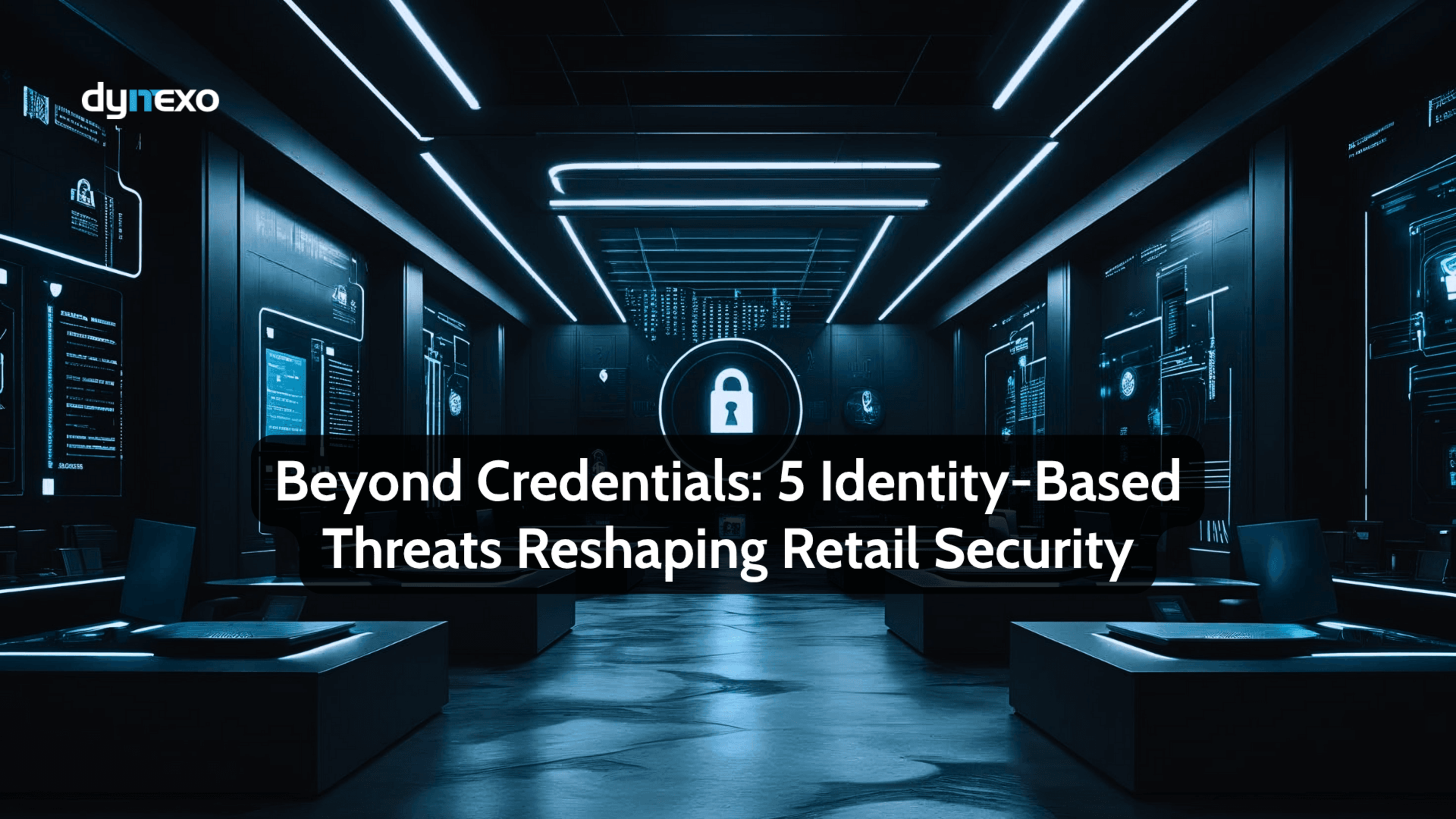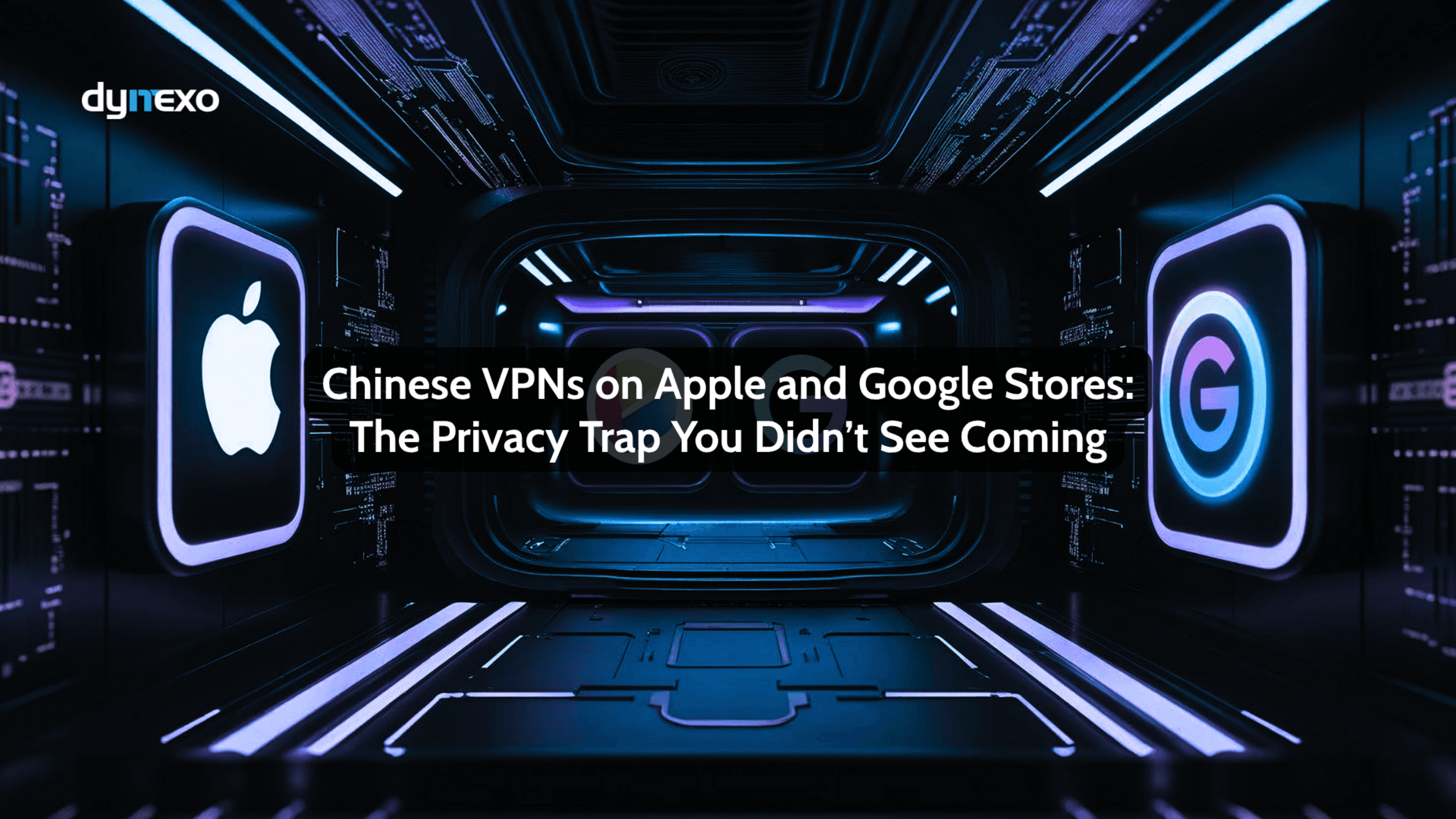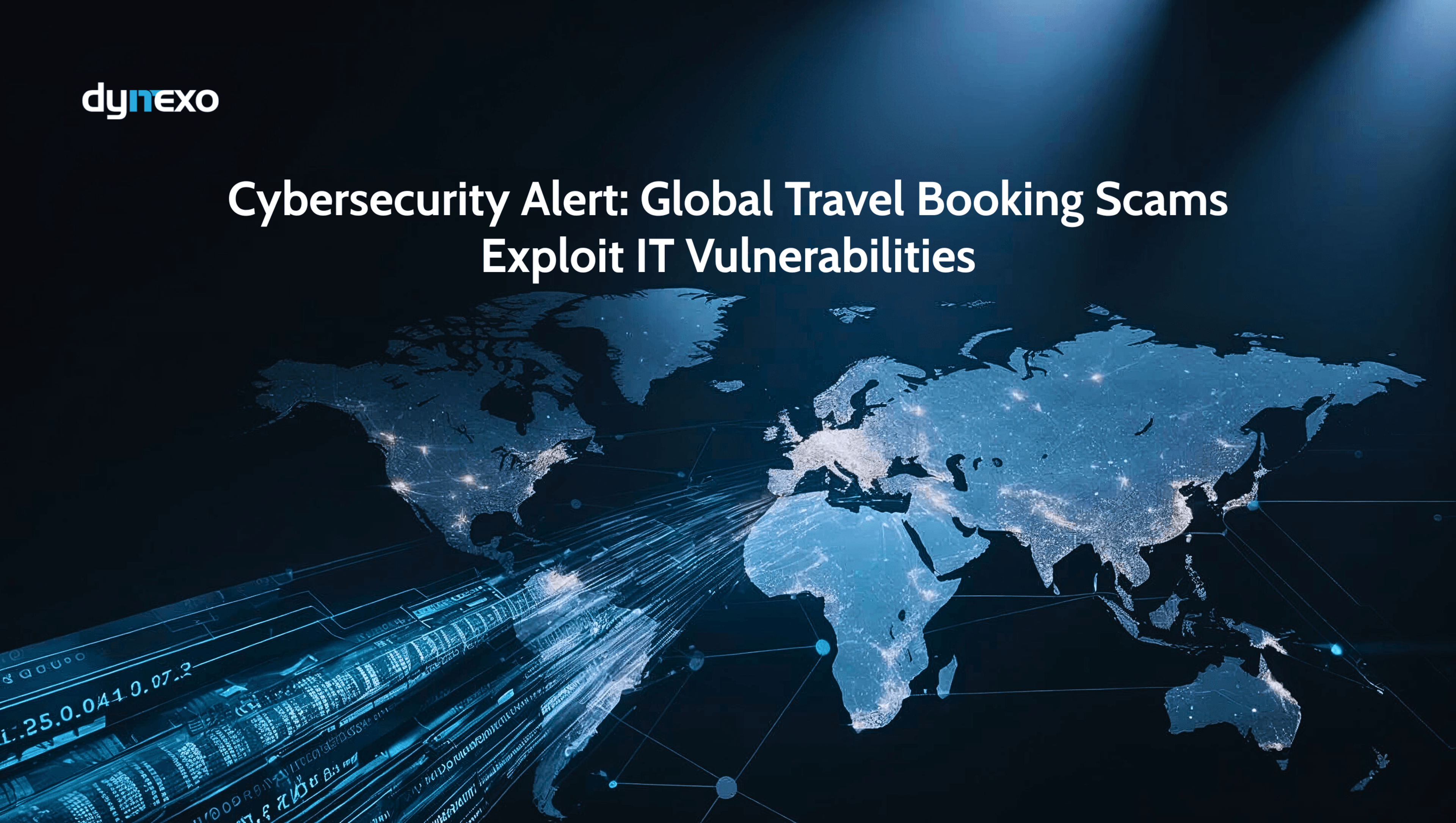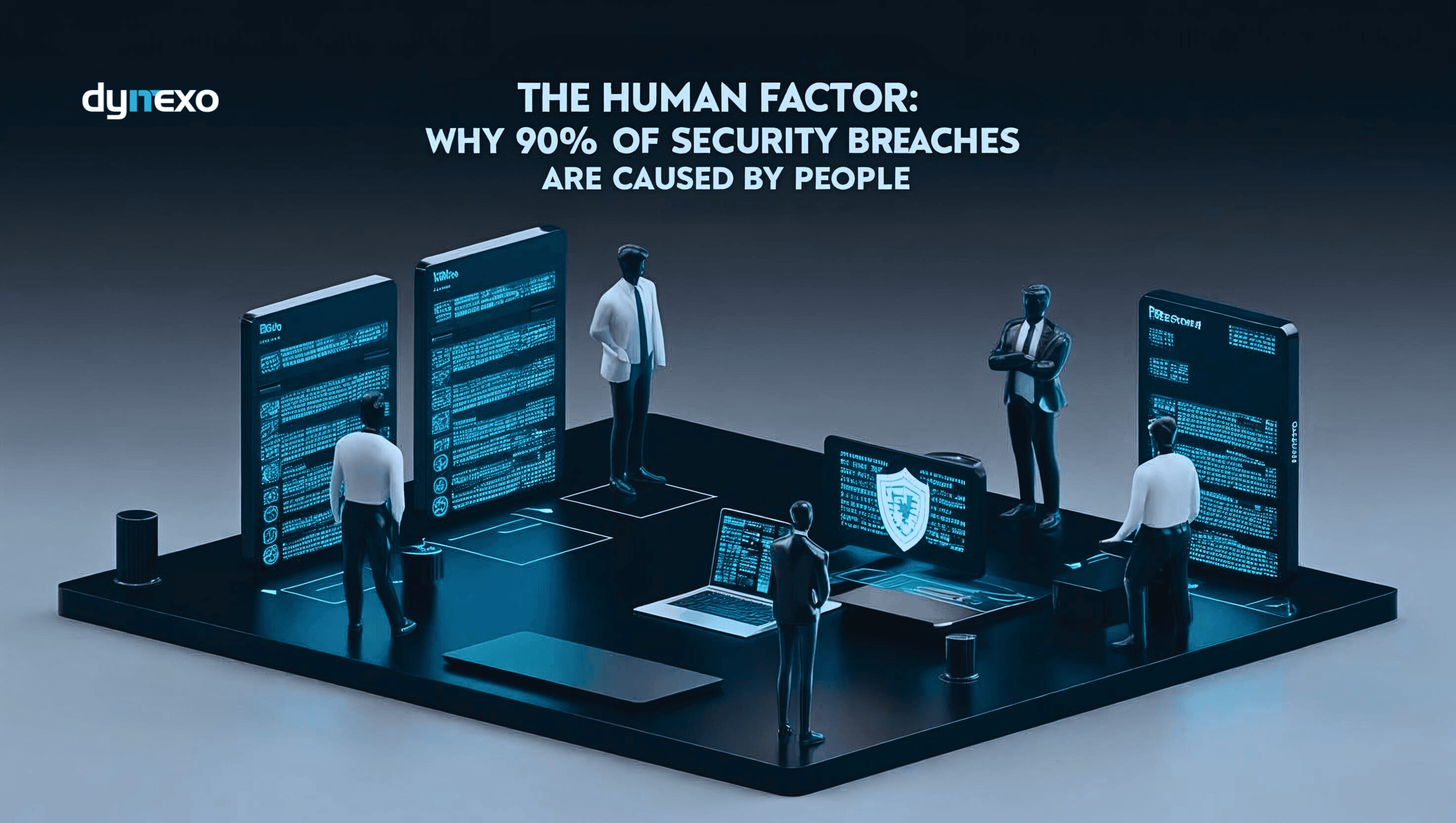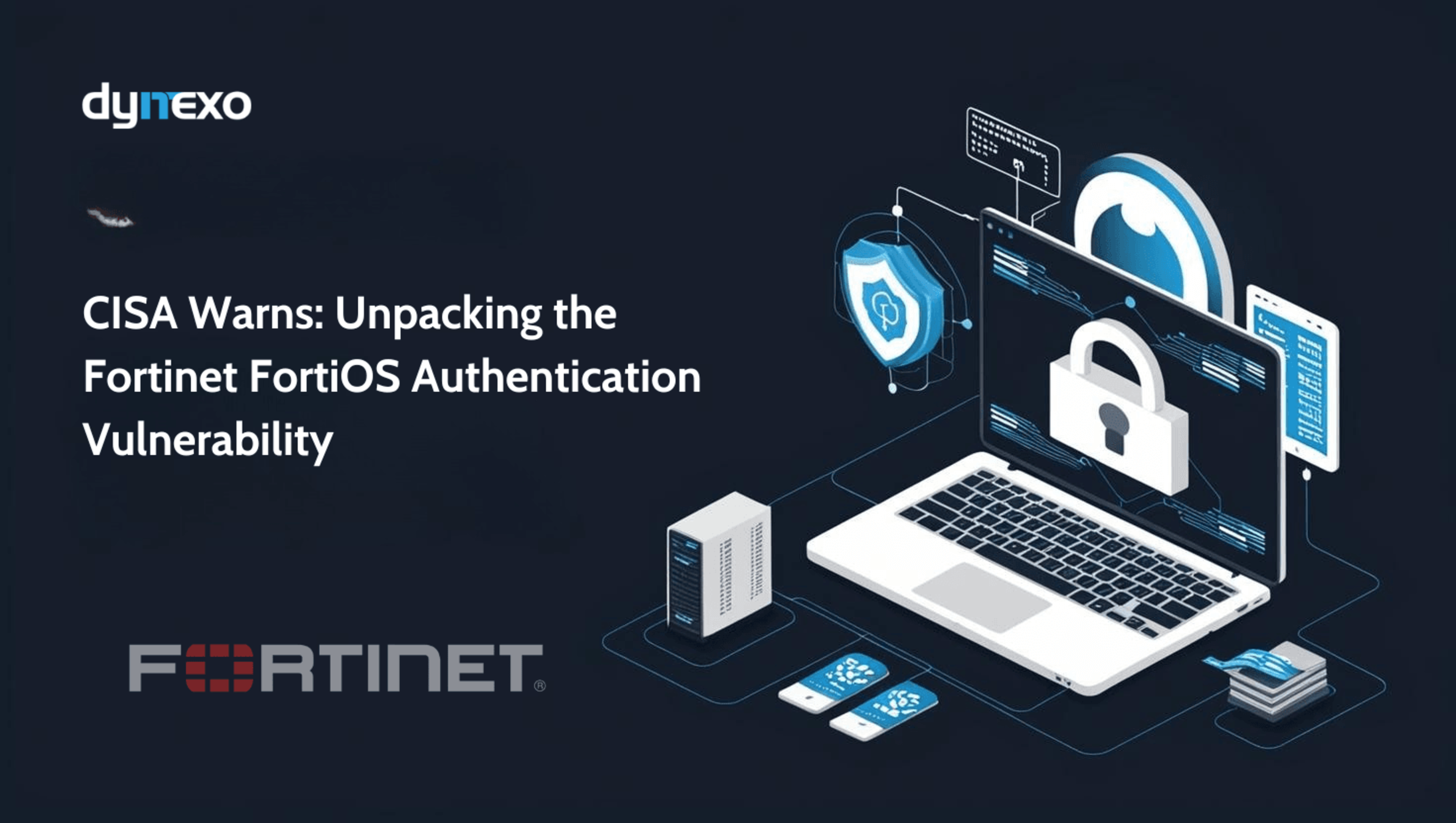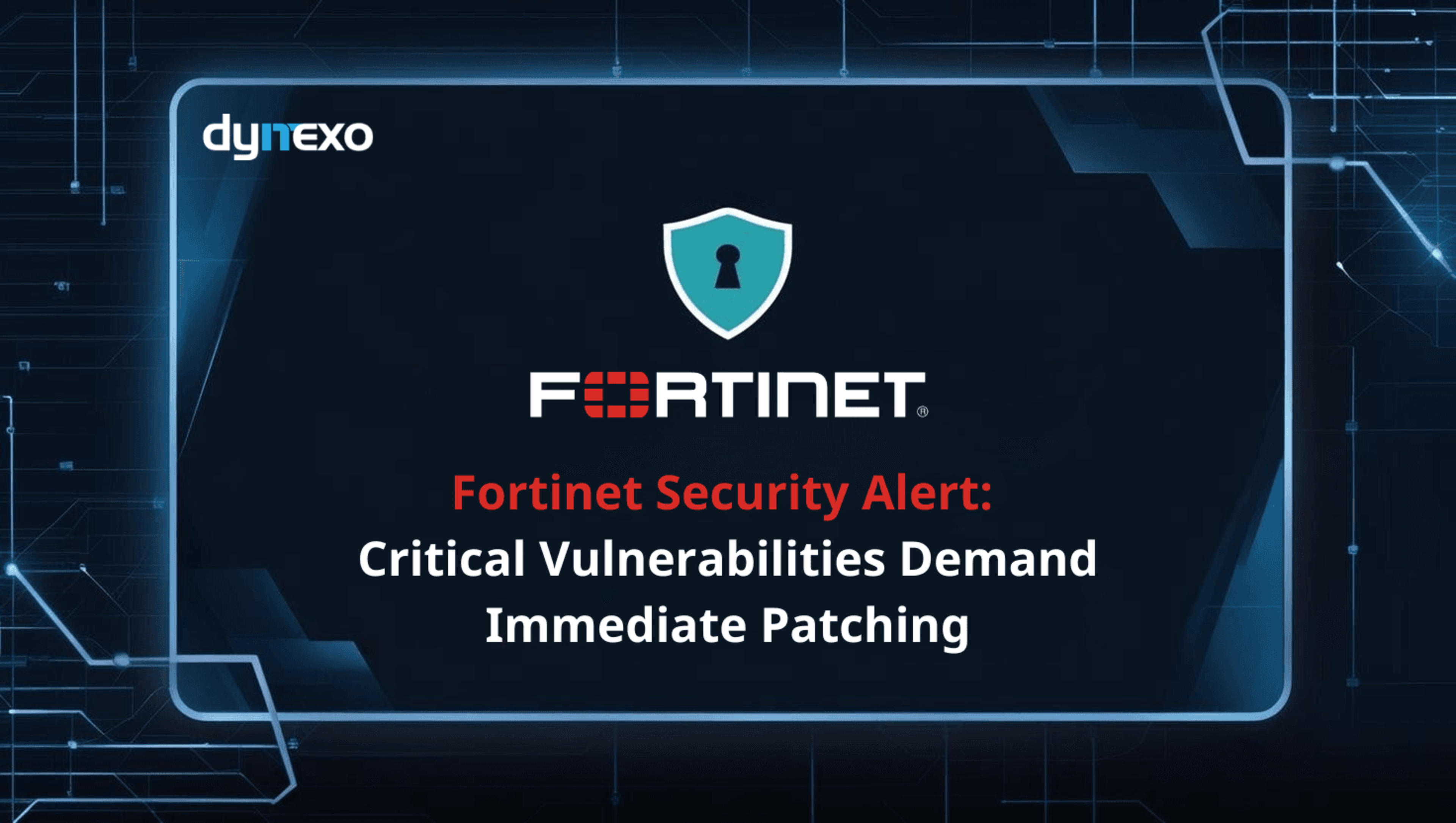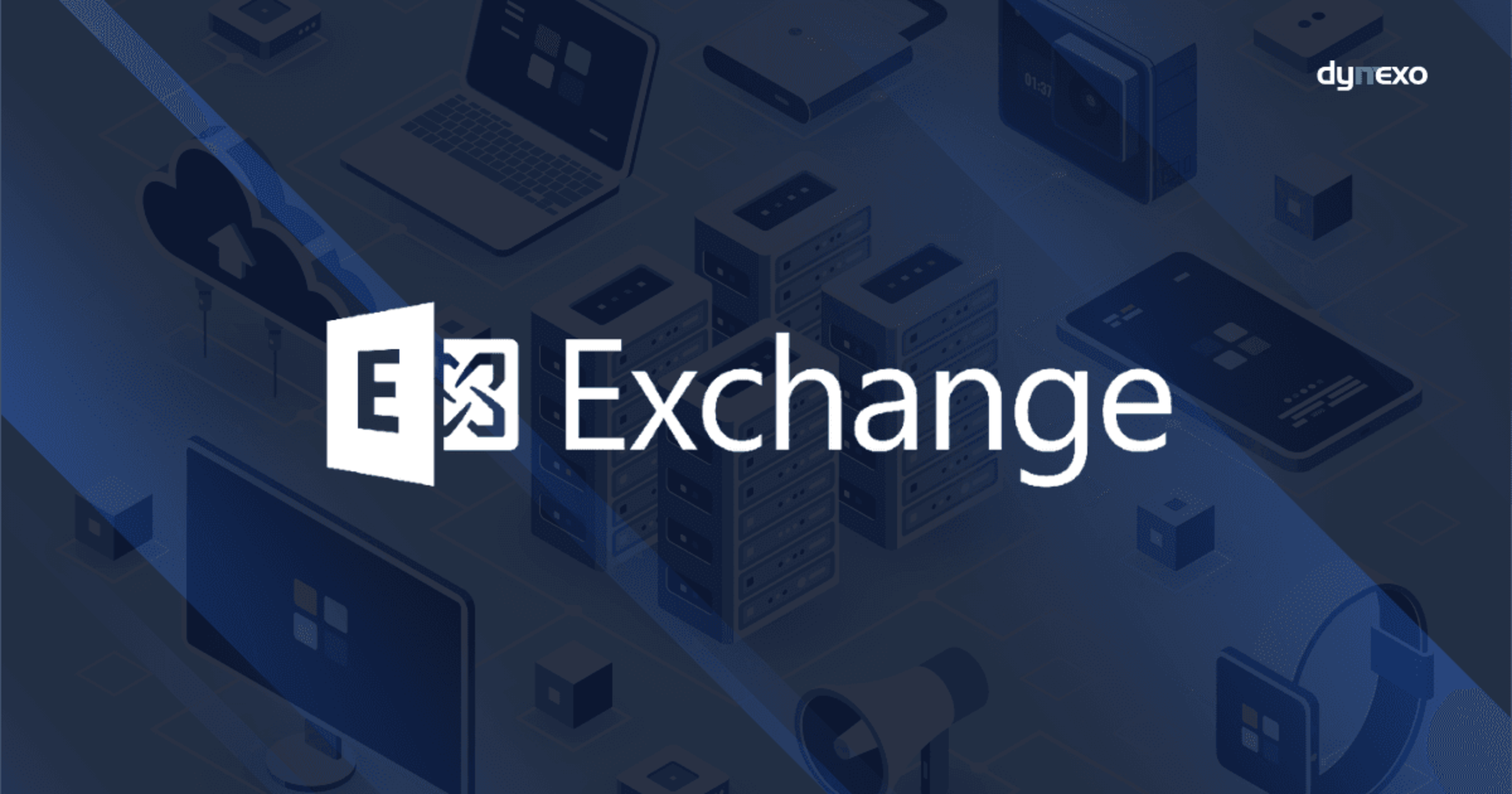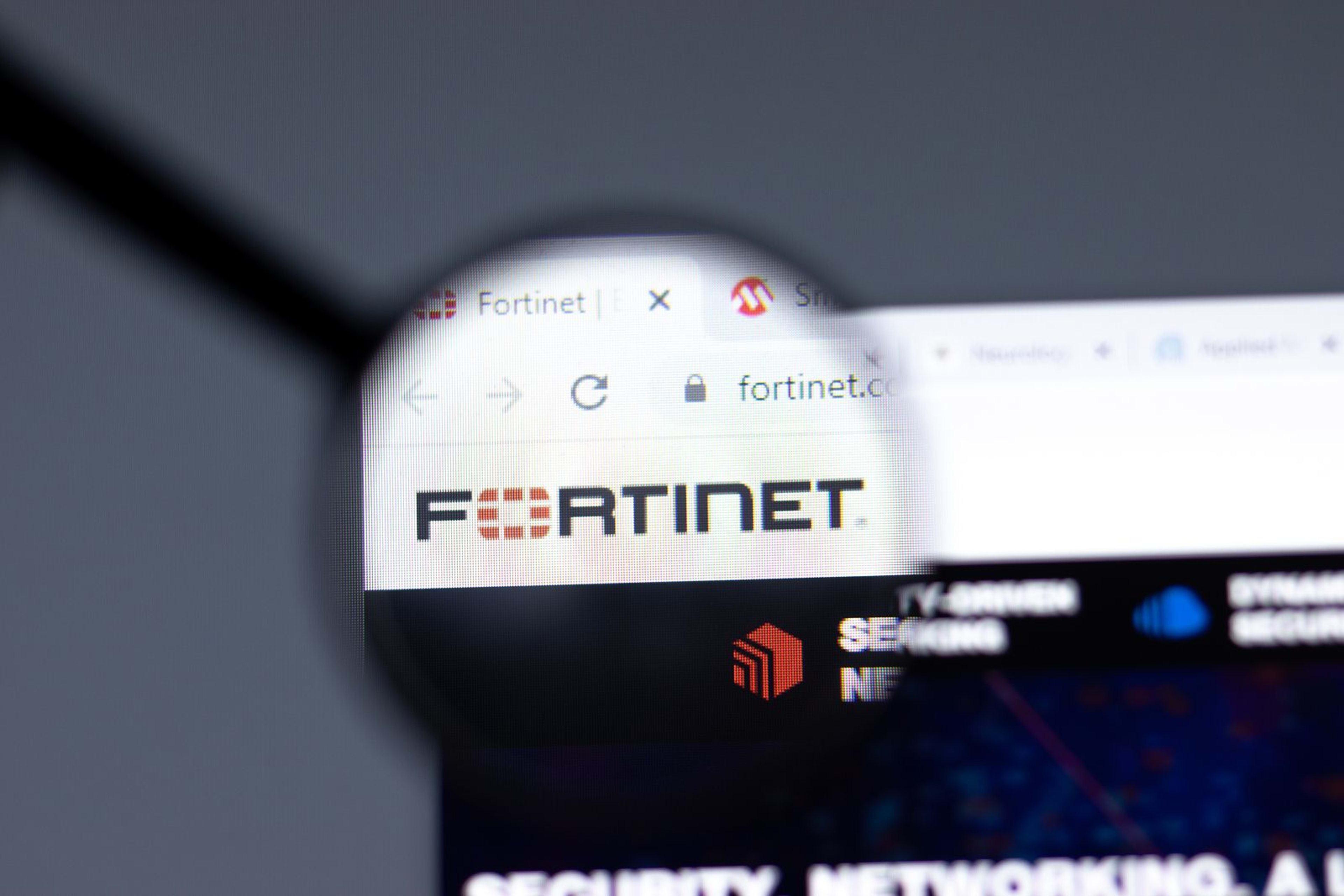Chinese VPNs on Apple and Google Stores: The Privacy Trap You Didn’t See Coming
Sven Gusek / 01.07.2025
Unveiling the privacy paradox: Chinese-owned VPNs flood Apple and Google stores, promising security but delivering risks; Learn the truth and save your data. It’s happening right now in your app store - You download a VPN to shield your online life, only to find it’s a Trojan horse funnelling your data to Beijing.
A Privacy Promise Turned Peril
In the digital age, Virtual Private Networks (VPNs) are the go-to armor for securing your internet connection. They encrypt your traffic and mask your location, a lifeline for privacy-conscious users. But what if the protector is the predator? The Tech Transparency Project (TTP) recently exposed a chilling reality: dozens of VPN apps on Apple and Google stores—trusted by millions—are owned by Chinese entities, operating under China’s data-sharing laws. This isn’t just a glitch; it’s a systemic flaw in the app ecosystem that cybersecurity pros and everyday users need to confront.
The Hidden Hand Behind Your VPN
TTP’s spot-check revealed that over 20 of the top 100 free VPNs in the U.S. Apple App Store in 2024 trace back to Chinese ownership—names like Turbo VPN and VPN Proxy Master. Many are tied to Qihoo 360, a firm blacklisted by the U.S. for its military connections. Yet, these apps thrive, cloaked by shell companies and vague disclosures. For IT experts, this screams supply chain risk; for the average user, it’s a betrayal of trust.
Under China’s National Intelligence Law, these VPN providers can be compelled to share all user activity with government agencies, putting sensitive business communications and personal privacy at risk.
The Profit Paradox
Here’s the kicker: these “free” VPNs aren’t charity. They rake in cash via subscriptions and ads—X-VPN alone has pocketed over $10 million in the U.S. Apple and Google skim their 30% cut, raising a thorny question: Are tech giants complicit in peddling privacy traps? Cybersecurity veterans see a pattern—lax vetting and profit motives outweighing user safety. For non-experts, it’s simpler: the app store isn’t as safe as it seems. Imagine board‑level documents or proprietary code intercepted before they even reach your network.
Why It Matters—And Who’s at Risk
For IT pros, this is a case study in opaque ownership and regulatory gaps. VPNs handle your raw internet traffic—everything from corporate emails to Netflix binges. A compromised VPN isn’t just a personal breach; it’s a potential enterprise-level threat. Casual users, meanwhile, might not grasp the stakes until it’s too late—think identity theft or geopolitical profiling. The TTP report underscores a universal truth: transparency in tech isn’t optional; it’s critical.
Breaking Free From the Trap
So, how do you dodge this digital minefield? Vetting your VPN is step one. Opt for providers with clear ownership—think NordVPN or ExpressVPN, based in privacy-friendly jurisdictions like Panama or Switzerland. Open-source options like ProtonVPN offer auditable code, a gold standard for security geeks. For non-techies, a simple rule: if it’s free and vague about its roots, skip it. Cross-check reviews and ownership on sites like VPNMentor or TTP’s own database.
The Bigger Picture
This isn’t just about VPNs—it’s about accountability. Apple and Google must tighten their gates, or users will keep stumbling into traps. Share this insight with your network—IT crews and casual scrollers alike. Demand better from the platforms that shape our digital lives.


